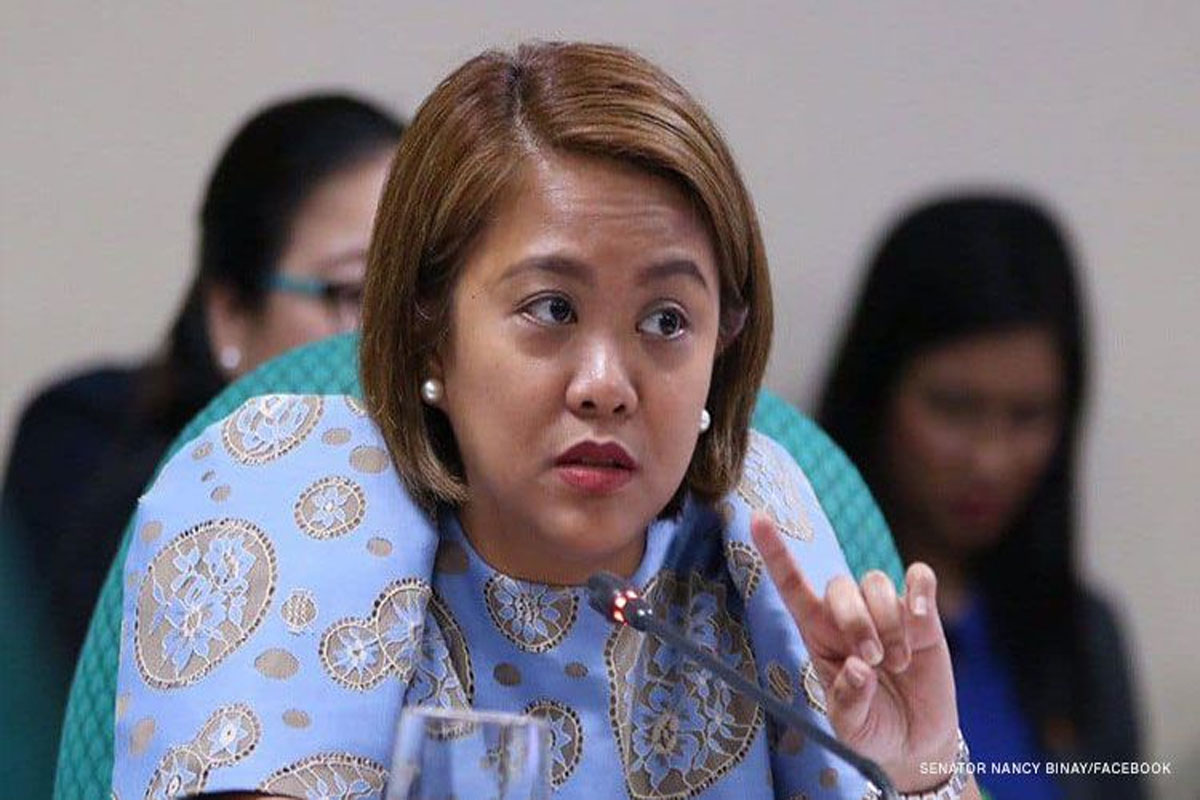
PH economy to stay robust
TO make the Philippines stay as one of the fastest-growing emerging economies in the Asia Pacific, the Development Budget Coordination Committee (DBCC) has adjusted its economic growth targets for 2024 and 2025.
The DBCC has revised downward its gross domestic product (GDP) outlook for 2024 to 6 to 7 percent from the previous range of 6.5 to 7.5 percent.
For 2025, the DBCC narrowed the GDP target to 6.5 to 7.5 percent from the previous 6.5 to 8 percent.
Socioeconomic Planing Secretary Arsenio Balisacan said the growth projection of 6.5 to 8 percent for 2026 to 2028 was retained.
The revised targets growth targets were initially discussed during the DBCC’s 187th meeting on March 22.
The DBCC took into consideration the latest trade outlook of the Bangko Sentral ng Pilipinas (BSP) and the International Monetary Fund (IMF) amid global trade disruptions and geopolitical tensions.
President Ferdinand R. Marcos Jr. has approved the latest GDP outlook when he presided over the 16th full Cabinet meeting at Malacañan Palace in Manila recently.
Balisacan said the Marcos administration remains steadfast in its commitment to sustaining the robust growth trajectory of the Philippine economy.
“Robust macroeconomic fundamentals will support this growth trajectory. These growth targets will sustain the country’s position as one of the fastest-growing emerging economies in the Asia Pacific region,” Balisacan said.
“The government’s dedication transcends meeting statistical targets or numerical benchmarks. We direct our efforts toward realizing a strategic and compelling vision for our nation’s prosperity even as we navigate a global economic landscape marked by various challenges within and without,” he added.
Balisacan also assured the public that the government is still on track to achieving the upper middle income status by 2025.
The country’s economic team discussed the possible opportunities and risk to growth outlook, adding that it identified several domestic and external challenges that are on the horizon.
These include climate change and extreme natural disasters such as El Niño that would “continue to pose risks to food security and the stability of food prices,” he said.
“Additionally, risks related to inflation, such as potential adjustments in transport fares, wages, and service utility fees higher than expected, could dampen household consumption,” he said.
Balisacan also cited that global economic slowdown may weaken external demand, while increasing geopolitical and trade tensions could disrupt supply chains.
He added that general elections in major economies could lead to political shifts that may disrupt trade and investment.
“Despite the anticipated risks, we remain optimistic about the country’s sustained growth momentum as we strive for better development outcomes. We aspire to position the Philippines as a frontrunner within our region and beyond—a beacon of inclusive progress and resilience,” Balisacan said.
He said the full implementation of economic liberalization, investment-related, and business-friendly reforms and initiatives would boost greater investor interest and activity in the Philippines.
He also expressed confidence that Marcos’ “aggressive” investment and trade promotion initiatives would help promote the Philippines as “a destination of choice for businesses.”
He added that the national government housing initiative Pambansang Pabahay Para sa Pilipino Program is expected to boost the mining, manufacturing, and real estate sectors.
He also said the higher growth forecast for the transport and digital sectors could improve the digital and physical connectivity infrastructure in the coming years.
**
For comments, please call or text 09569012811 or email [email protected]




















